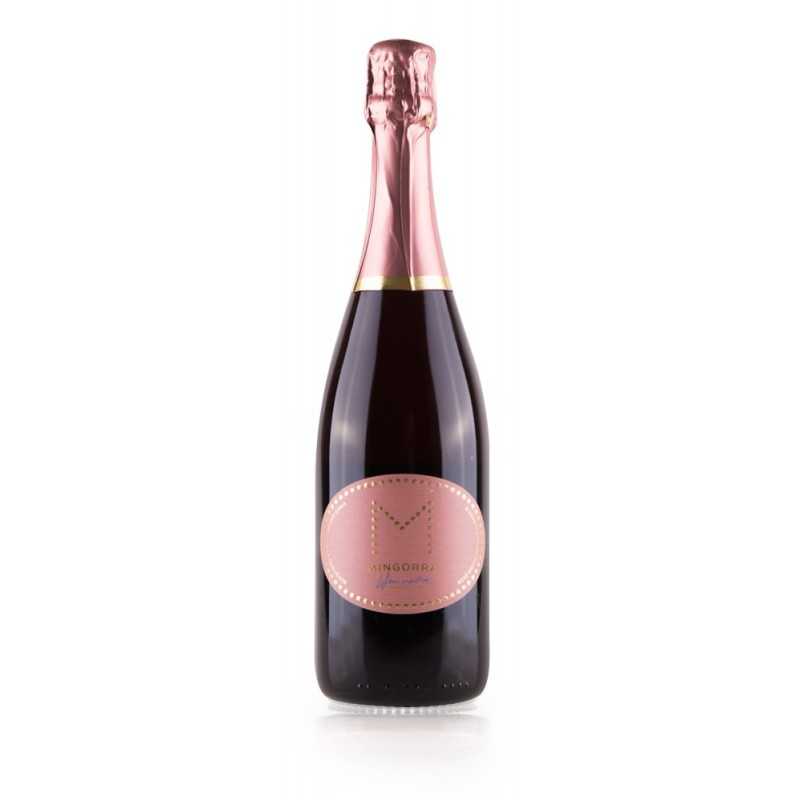



On the hot plains of the Baixo Alentejo, just a few kilometres from the city of Beja, is one of the oldest wine estates in the region. Its vineyards represent decades of history that Henrique Uva has preserved and farmed for many years and which he always wanted to develop as an independent producer.
In 2004, he achieved his dream, with the project that goes by the name of Henrique Uva/Herdade da Mingorra. The Winery is surrounded by 1,400 hectares of a landscape that can be considered exuberant, such is the diversity of plants and fauna, with several river basins forming veritable oases. The Winery is a true place of worship. A place where modernity and functionality can be found alongside indelible traditional techniques.

Security policy

Delivery Policy

Return policy
On the hot plains of the Baixo Alentejo, just a few kilometres from the city of Beja, is one of the oldest wine estates in the region. Its vineyards represent decades of history that Henrique Uva has preserved and farmed for many years and which he always wanted to develop as an independent producer.
In 2004, he achieved his dream, with the project that goes by the name of Henrique Uva/Herdade da Mingorra. The Winery is surrounded by 1,400 hectares of a landscape that can be considered exuberant, such is the diversity of plants and fauna, with several river basins forming veritable oases. The Winery is a true place of worship. A place where modernity and functionality can be found alongside indelible traditional techniques.
Data sheet